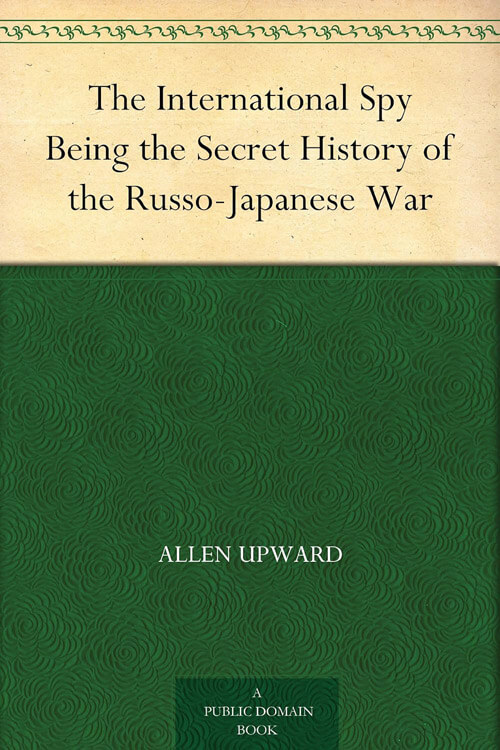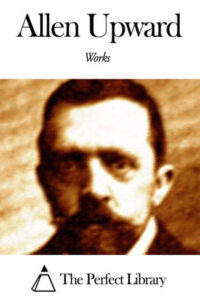
The International Spy
The martial glory of the Dane had departed. The royal castle that stood there as if to guard the strait had become a rendezvous of emperors, queens, and princes, who took advantage of its quiet precincts to lay aside the pomp of rule and perhaps to bind closer those alliances of sovereigns that serve to temper the fierce rivalries of their peoples.
The pair gazing at the sinister object on the horizon were imperial sisters, one with curiosity and wonder, the other with an interest in a more painful character. Born in the tiny sea kingdom, they had lived to wear the crowns of the most fantastic two realms the world has ever seen, two empires which covered half the surface of our planet and included one-third of its inhabitants. But though sundered in interests, they were not divided in affection. As they stood side by side, still linked together, it was evident that no common sympathy united them.
The one who had been first to draw attention to the mysterious craft and whose dress showed sombre touches which spoke of widowhood answered her sister’s question: “I never see one of those vessels without a shudder. I have an instinct that warns me that they are destined to play a dangerous, perhaps fatal, part in the future. What is that boat doing here, in Danish waters?—I do not know.
Read or download Book
Allen Upward
George Allen Upward (Worcester 20 September 1863 – Wimborne 12 November 1926) was a British poet, lawyer, politician and teacher.
Biography
His work was included in the first anthology of Imagist poetry, Des Imagistes, edited by Ezra Pound and published in 1914. He was a first cousin once removed of Edward Upward. His parents were George and Mary Upward, and he was survived by an elder sister (Mary) Edith Upward. Upward was brought up as a member of the Plymouth Brethren and trained as a lawyer at the Royal University of Dublin (now University College Dublin). While living in Dublin, he wrote a pamphlet favouring Irish Home Rule.
Upward later worked for the British Foreign Office in Kenya as a judge. Back in Britain, he defended Havelock Wilson and other labour leaders and ran for election as a Lib-Lab candidate, taking 659 votes in Merthyr at the 1895 general election. He wrote two books of poetry, Songs in Ziklag (1888) and Scented Leaves from a Chinese Jar. He also published a translation of Sayings of Confucious and a volume of autobiography, Some Personalities (1921). Upward wrote several now-forgotten novels: The Prince of Pakistan (1895), A Crown of Straw (1896), A Bride’s Madness (1897), The Accused Princess (1900) (source: Duncan, p. xii), “”The International Spy: Being a Secret History of the Russo-Japanese War” (1905), and Athelstane Ford. His 1910 novel “The Discovery of the Dead” is a collected fantasy (listed in Bleiler) dealing with the emerging science of Necrology.
His 1913 book The Divine Mystery is an anthropological study of Christian mythology. In 1908, Upward self-published a book (originally written in 1901) that he thought would be Nobel Prize material: The New Word. Today, this book is known as the first citation of the word “Scientology.” However, there was no delineation in this book regarding its definition by Upward. It is unknown whether L. Ron Hubbard, the founder of the Scientology organization, knew of this book. In 1917, the British Museum refused to take Upward’s manuscripts “because the writer was still alive,” and Upward burned them.






